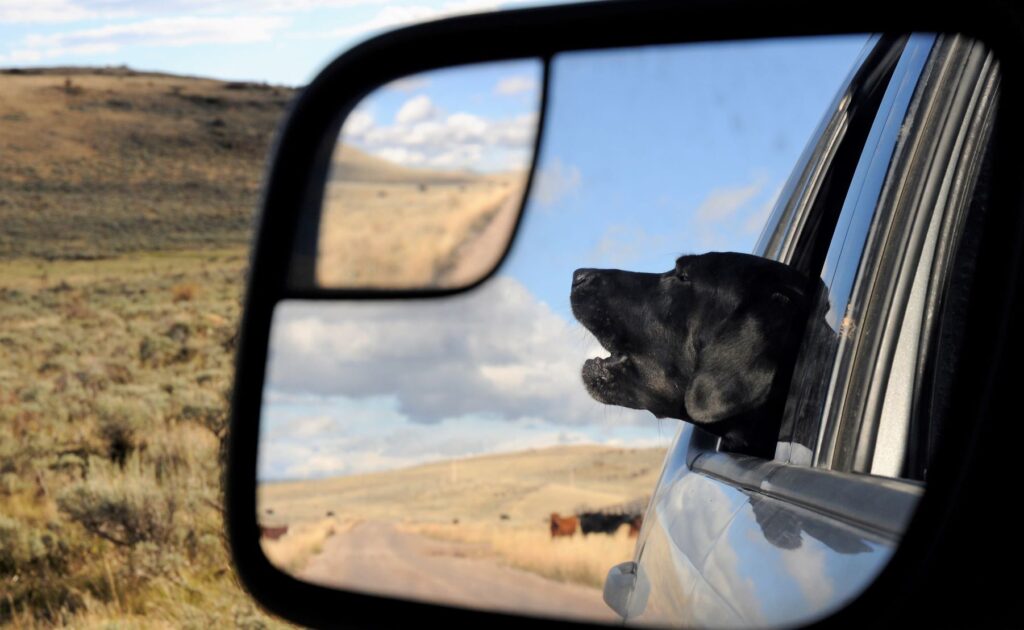Unleashed dogs can harm wildlife. The Division of Wildlife Services wants to protect weak wildlife this time of year because they are just coming off their winter survival stage.
SALT LAKE CITY – Every year Division of Wildlife Resources warns folks who want to get outside as the snow melts and warmer temperatures appear on the horizon that dogs can hamper wildlife wellness.

If people plan to take a dog on any hikes or camping trips this spring and summer, please make sure your pet doesn’t chase or harass any wildlife.
Due to deep snow where wildlife are living, big game animals often struggle to find food during the winter. By this time of year many of these wildlife species are vulnerable and weak.
It is a dog’s instinct to chase deer and other big game animals; however, this time of year being chased is harmful for the deer because by the end of winter, they are usually in survival mode.
“If they get chased — especially if it happens again and again — it uses up energy they may need to survive those sensitive times of year,” Utah Division of Wildlife Resources Big Game Coordinator Dax Mangus said. “While we had a milder winter than last year, this is still a sensitive time of year for deer. Their fat storage is often depleted by this time of year, and they often can’t afford to waste energy. If you or a pet force them to move away from where they are trying to feed, it could be harmful for that animal.”
Big game animals like deer typically move to lower elevations to feed during the snowy winter months, which often brings them closer to populated urban areas where people and pets may be.
National forests are also areas where people may encounter wildlife while recreating. Pets are allowed in all national forests, but they must be kept on a leash no longer than 6 feet while in developed recreation areas (like campsites) and on established, interpretive trails. Most other areas within national forests do not require dogs to be on a leash, but they expect dog owners to be in control of their pets at all times.
“Pets allowed to run at large also are at risk from vehicles, mountain bikes, and other types of recreation use,” Dave Whittekiend, forest supervisor for the Uinta-Wasatch-Cache National Forest said. “If you care about your pets, you should keep them secured while you are recreating outdoors.”
While there are many other areas throughout the state where dogs aren’t required to stay on a leash, pet owners should not let their dogs chase deer, elk, moose or other wild animals. It can be extremely harmful to wildlife, but it can also be dangerous for your pet.
“Wildlife is often unpredictable and may injure or kill a dog seen as threatening,” Mangus said.
Dogs that are off leash can also disturb nesting ground birds and can chase, injure or kill small mammals, deer, elk or moose.

Utah law prohibits people from killing or injuring a dog that is “attacking, chasing or worrying any species of hoofed protected wildlife.”
DWR offers tips about keeping your dog safe around wildlife:
- Keep your dog’s vaccinations up to date.
- Be aware that moose can be especially aggressive toward dogs.
- Always supervise pets when outdoors, particularly at dawn and dusk.
- If you find an animal carcass, leave the area — it could be a kill that a cougar is guarding or will be returning to.
- Make noise while hiking.
- Do not allow dogs to “play with” or chase wildlife. It is against Utah law to allow dogs to chase or harass hoofed wildlife.

